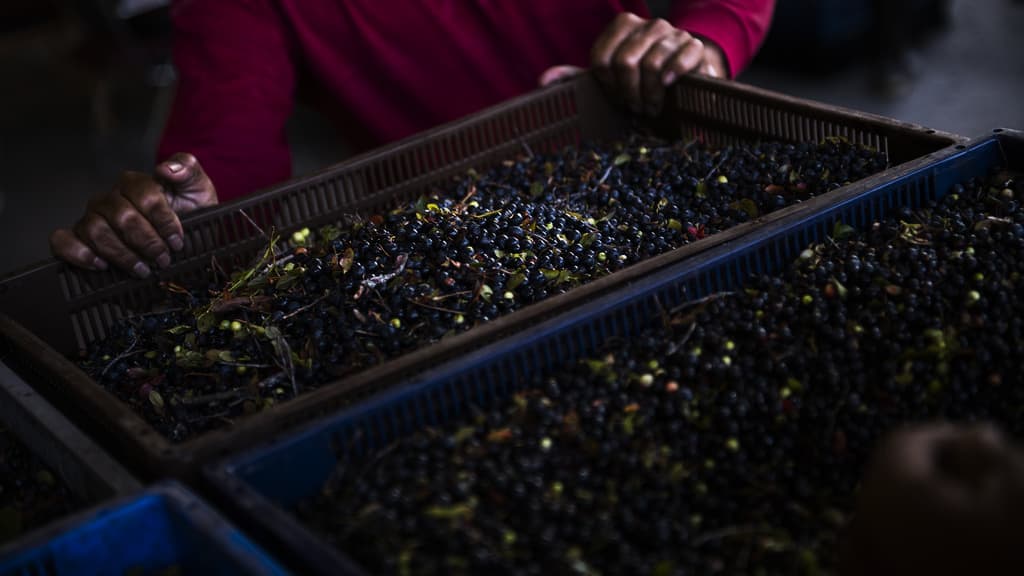Despite promises of wages according to collective agreement, the berry pickers were forced to work long days without leave and were paid per kilo.
Now, two berry entrepreneurs are sentenced to two years and six months in prison for nine cases of gross human exploitation, announces Lycksele District Court.
The entrepreneurs, a man and a woman in their 40s, are sentenced to seven years' business prohibition and are to pay damages to the plaintiffs totaling 1.8 million kronor. At the same time, their profit of nearly 4.5 million kronor is being confiscated.
According to the district court, the couple exploited Thai berry pickers who were misled into believing they would receive the minimum wage according to Swedish collective agreement and work eight hours a day, five days a week.
Instead, according to the court, they worked long days without leave and were paid per picked kilo, resulting in them receiving between 18 and 29 percent of the agreed wage after two months of work.
The couple was prosecuted for human trafficking, but according to the district court, the berry pickers were not so exposed that it constituted human trafficking. They are simultaneously acquitted of obstruction of justice.
150 people
In July 2023, 150 people traveled from Thailand to pick berries in Västerbotten for over two months. The agreements said one thing, but reality turned out differently.
About 40 of the workers sounded the alarm, of which nine have stood as plaintiffs in the now-concluded case. They have testified in interrogations about simple living conditions, 15-hour workdays, and lack of leave.
All plaintiffs, writes the court, "worked under blatantly unreasonable conditions".
The berry pickers further claim that they did not receive enough food and were forced to eat mushrooms they found in the forest and innards from an elk left behind by a hunter.
During the weighing of the berries, the female entrepreneur allegedly complained that they did not pick enough and threatened to send them home if anyone objected.
Divided court
The berry entrepreneurs have consistently denied any wrongdoing.
The presiding judge in the case was dissenting and wanted to acquit the two berry entrepreneurs, citing that they did not believe it was proven that there was an original criminal plan.
Correction: In an earlier version of this text, an incorrect crime classification appeared in the headline.






